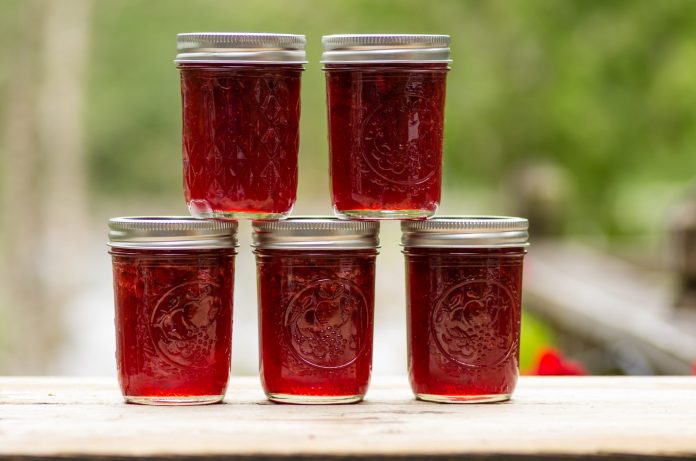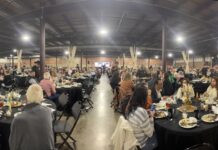
AUBURN UNIVERSITY, Ala. – From jams and jellies to muffins and cookies, selling certain food items from home is now an option for many Alabama residents. However, the process may be more complicated than people expect. For home business owners, there are several precautions they must take in order to legally sell their products. These precautions are known as Cottage Food Law.
Cottage food law
According to Alabama Extension Food Safety and Quality Regional Agent Janet Johnson, the Cottage Food Law protects home businesses selling perishable food and goods. These laws vary for each state.
“For Alabama, the law allows individuals to sell certain non-hazardous foods prepared in their home to the public,” Johnson said.
Owners must have a business license and pay sales taxes. The law also limits the producers’ sales to $20,000 per year. Prior to the law, the sale of homemade food was only acceptable at farmers markets. Now, the enforcement of the current law in 2014 allows home business to thrive, while keeping consumers safe.
Permitted and prohibited
While the Cottage Food Law allows producers to sell goods from the home, the law only permits certain food items. The cottage foods include baked goods, candles, jams, jellies, dry herbs and dry herb mixes.
“Any food that requires temperature control is not permitted under the law,” Johnson said.
Other prohibited goods include meats, popcorn, pickles, canned fruits and vegetables, milk products or juices. For the full list of prohibited foods, visit the Alabama Cottage Food Law Rules and Regulations page at www.aces.edu/blog/topics/cottage-food-law/alabama-cottage-food-law-rules-and-regulations-video-i/.
Labeling
Along with food limitations, there are strict rules about proper labeling for the goods. The Alabama Cottage Food Law requires each label to include the following:
- Name of the product (highly recommended but not required)
- Name of the individual or business
- Address of the individual or business
- Statement declaring: THIS FOOD IS NOT INSPECTED BY THE DEPARTMENT OF PUBLIC HEALTH
People can submit labels, along with a copy of a certification, to the local county health department for approval.
Certification
In order for the Cottage Food Law to protect a home business, the producer must have a valid food safety certification. The Alabama Department of Public Health accepts several different certifications, such as the National Registry, ServSafe and various restaurant food safety certifications.
“One of the eligible certifications is the Alabama Cottage Food online training,” Johnson said. “This program is specifically for Cottage Food certifications from the Alabama Extension Food Safety and Quality Team.”
More information
Before selling any food items, make sure it’s safe and covered by the Cottage Food Law. For more information on the Alabama Cottage Food Law, visit the Alabama Extension website at www.aces.edu.






























